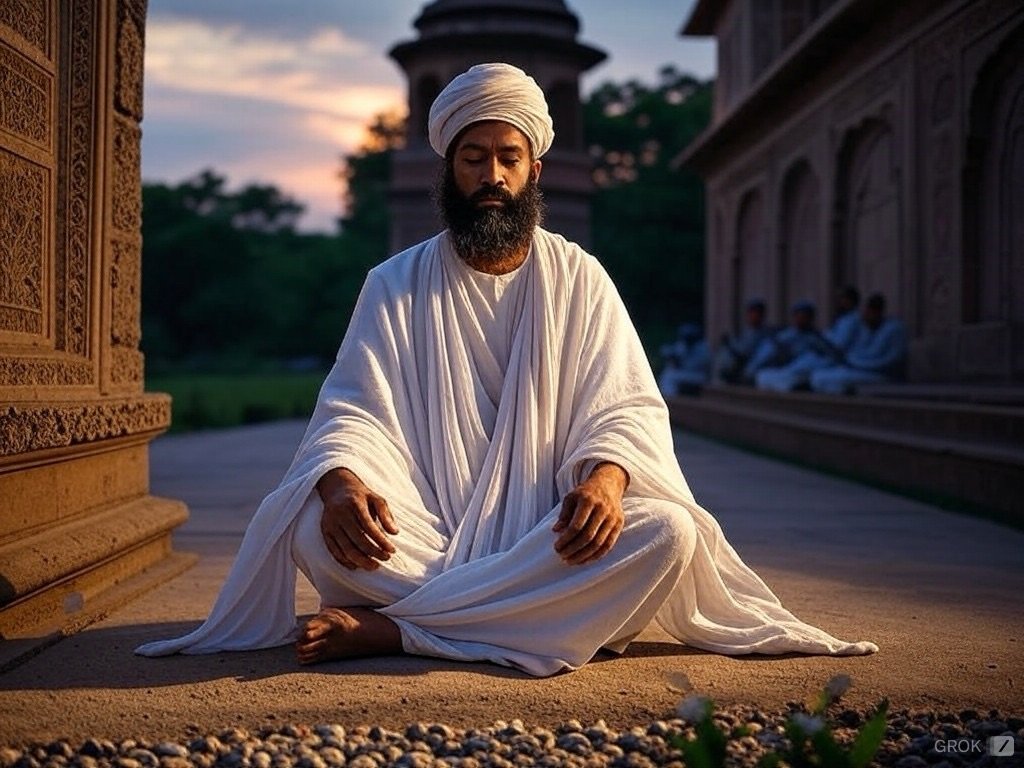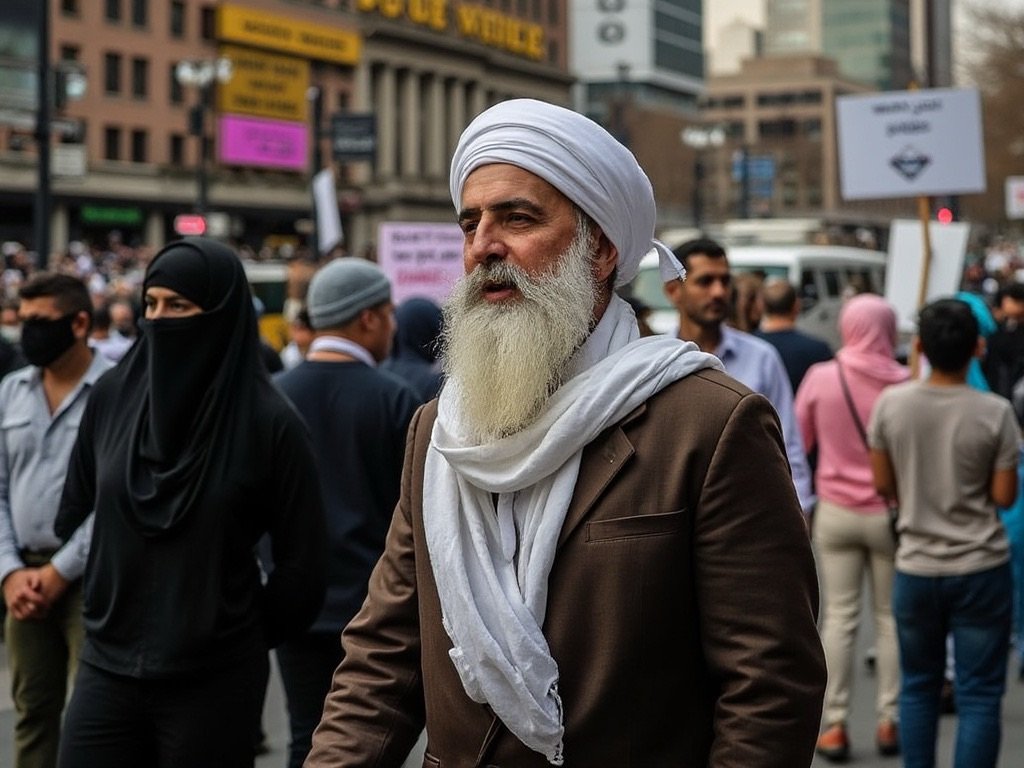In recent years, the alarming rise in drug addiction among Muslim youth has become a pressing issue, both religiously and socially. Drug abuse is not only eroding the moral fabric of the Muslim community but is also creating long-term detrimental effects on society and the nation as a whole. With the increase in drug-related issues, the potential for violence and anti-social behaviour activities has increased considerably. This addiction is more than a personal tragedy-it is becoming a collective crisis. Drug addiction in young Muslims is leading to the destruction of not only their individual futures but also their spiritual and social values. Islam, as a faith, places immense emphasis on maintaining moral integrity, and abstaining from substances that cloud the mind and soul. When a Muslim youth falls into the grip of addiction, they distance themselves from the religious teachings that encourage discipline, self-control, and contribution to society. This disconnect not only results in personal spiritual decline but also makes them vulnerable to destructive behaviours. A drug addict is more often prone to resorting violence and can be easily swayed towards anti-social activities thereby, becoming a tool in the hands of those who wish to harm the nation.
The rise of drug addiction is particularly concerning in sensitive regions like Kashmir and the border areas of Punjab. These areas have become a target of cross-border manipulation, with reports suggesting that Pakistan is using drugs as a means to corrupt the youths. In Kashmir, where the political and social situation often remains fragile, the influx of drugs only deepens the crisis. A generation lost to addiction is not only a personal loss but also a national one. This deliberate attempt to destabilize India by turning its youth away from education, productivity, and nationalism is an alarming tactic.
The youth, who should be
contributing to the nation’s growth, are instead becoming entangled in a vicious cycle of addiction and crime. Universities, once considered places of enlightenment, rational discourse, and progress, are now witnessing a deterioration in their atmosphere. As drugs infiltrate these institutions, discussions that should be focused on nation-building, innovation, and constructive debate are being replaced by dull, often violent
environments. A case in point is the recent unrest at certain universities in India, where the presence of drugs has exacerbated tensions. With students falling prey to addiction, they are losing the capacity to engage in rational discussions and contribute meaningfully to their education and to society. This is not just a loss for the Muslim community, but a loss to the nation, as these young minds are crucial to the country’s future,
Muslims, being followers of Islam, have a greater responsibility to present themselves as ideal human beings, Prophet Muhammad (PBUH) emphasized that intoxication in any form is detrimental to both individual and society. It is essential for Muslims to heed this warning and resist falling into the trap of addiction. As a community, Muslims are called upon to set an example for their non-Muslim counterparts by leading lives of integrity, discipline, and responsibility. It is vital that Muslims not only refrain from drug abuse but also actively work to counter the spread of this menace within their communities. By doing so, they can protect their own futures and contribute to foiling the plans of hostile forces that seek to exploit them for their own agendas. The fight against drugs is not just a personal battle-it is a fight for the nation’s integrity and future. Muslims must rise to the occasion, embody the values of Islam, and be the vanguards of a society free from the chains of addiction.
The rise of drug addiction among Muslims is not only a tragedy for the community but a significant threat to the nation. It is imperative that Muslims embrace their responsibility as citizens and as followers of a faith that promotes sobriety, morality, and social justice. By doing so, they can thwart the malicious attempts of external forces and set an example of righteousness for all.
-Resham Fatima, International Relations,
Jawaharal Nehru University



